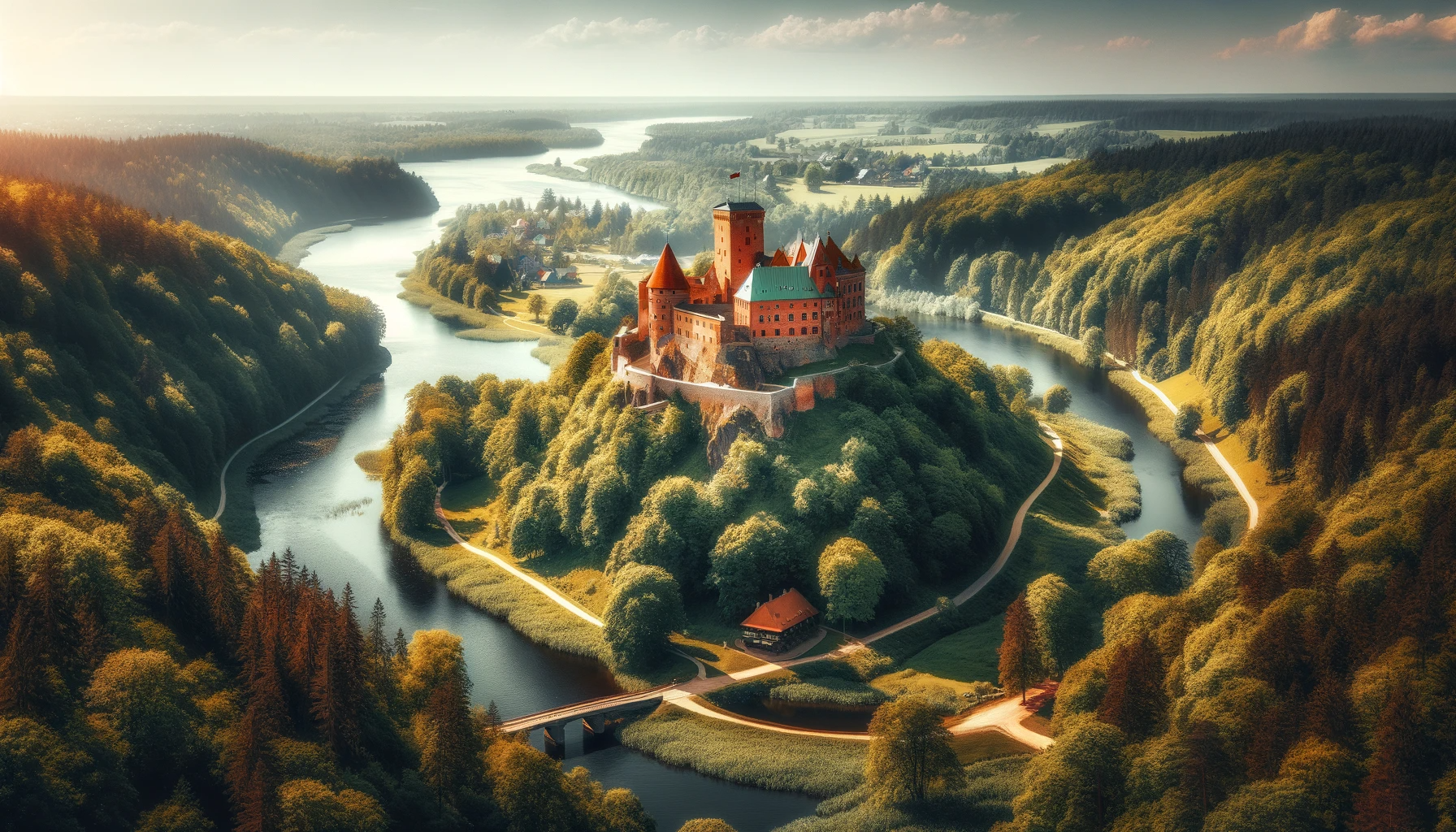Latvia is a country with a complex history, rich cultural traditions, and a rapidly evolving society. It continues to strengthen its position within the European community, balancing its cultural heritage with modern development.
List of Public Holidays and National Holidays in Latvia 2024
- New Year’s Day – Monday, 1 January 2024
- Good Friday – Friday, 29 March 2024
- Easter Monday – Monday, 1 April 2024
- Labour Day – Wednesday, 1 May 2024
- Independence Restoration Day – Saturday, 4 May 2024
- Midsummer’s Eve – Sunday, 23 June 2024
- St. John’s Day – Monday, 24 June 2024
- Independence Day – Monday, 18 November 2024
- Christmas Eve – Tuesday, 24 December 2024
- Christmas Day – Wednesday, 25 December 2024
- 2nd Day of Christmas – Thursday, 26 December 2024
- New Year’s Eve – Tuesday, 31 December 2024

History
- Early History: Inhabited since ancient times by the Baltic tribes, Latvia’s history is marked by periods of foreign dominance, including by the German Teutonic Order, Poland, and Sweden.
- Russian Empire: Became part of the Russian Empire in the 18th century.
- Independence and World Wars: First declared independence in 1918 following World War I. Occupied by Soviet Union and Nazi Germany during World War II.
- Soviet Era: Reincorporated into the Soviet Union after World War II.
- Restoration of Independence: Regained independence in 1991 with the dissolution of the Soviet Union.
Geography
- Location: Located in Northern Europe on the Baltic Sea, bordered by Estonia, Russia, Belarus, and Lithuania.
- Terrain: Mostly flat or gently rolling plains, with a coastline marked by numerous bays, dunes, and beaches.
- Climate: Temperate maritime climate, with mild summers and cold, snowy winters.
Culture
- Rich Heritage: A blend of indigenous Baltic and Germanic influences, also shaped by Russian and Swedish rule.
- Language: Latvian is the official language, one of only two existing Baltic languages.
- Traditions and Festivals: Known for its folk traditions, particularly the Song and Dance Festival, a UNESCO intangible cultural heritage.
Economy
- Transition to Market Economy: Post-independence, transitioned from a planned economy to a market economy.
- Key Sectors: Major industries include food processing, woodworking, textiles, and information technology.
- EU and Eurozone Membership: Joined the European Union and NATO in 2004 and adopted the euro in 2014.
Society
- Demographics: Ethnic Latvians make up the majority of the population, with a significant Russian-speaking minority.
- Education and Healthcare: Offers a well-developed education system and universal healthcare, though facing challenges like aging population and migration.
- Urbanization: Major urban centers include the capital city, Riga, which is a significant cultural and economic hub.
Environmental Focus
- Natural Resources: Rich in resources like timber, peat, and amber. Over 40% of the territory is covered by forests.
- Conservation Efforts: Committed to environmental conservation, with several national parks and protected areas.
Government and Politics
- Political Structure: A parliamentary republic with a president as the head of state and a prime minister as the head of government.
- International Relations: Active in international diplomacy, particularly within the European Union and NATO.
Tourism
- Cultural and Natural Attractions: Attractions include the historic center of Riga, the seaside resort of Jūrmala, Gauja National Park, and the Rundāle Palace.
- Heritage Tourism: Rich in historical and architectural heritage, with a blend of Art Nouveau, wooden architecture, and medieval castles.

